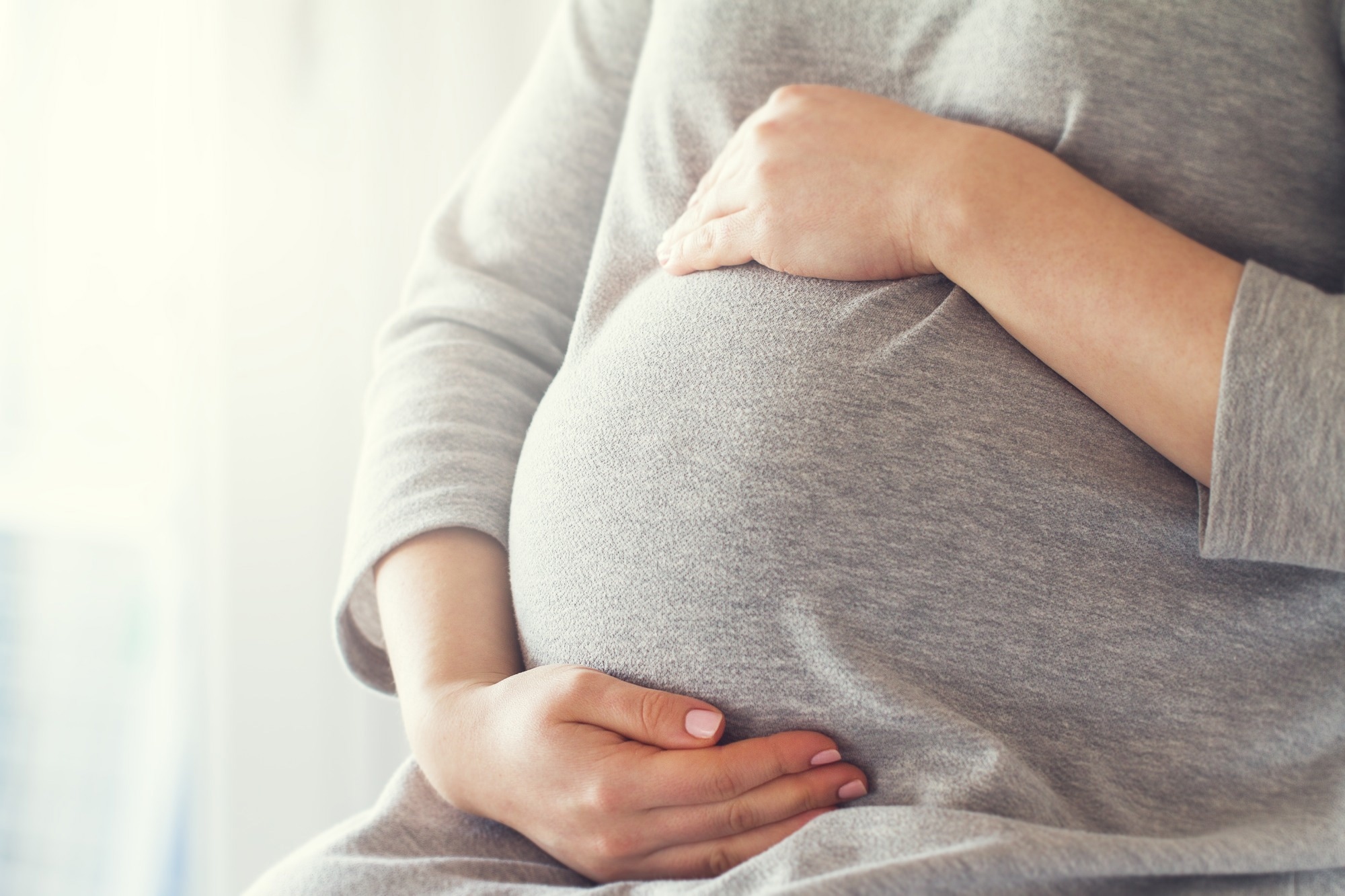Cheese is one of the tastiest snacks ever made, and thankfully, there’s enough variety to choose from. From cheddar to provolone, there’s no lack of choices to satisfy any craving. But when you’re pregnant, guidelines on whether pregnant women can eat hot dogs—or other questionable foods—can be confusing.
Imagine crossing things off your newborn checklist when a sudden need for feta cheese hits. Is it safe to consume this briny fave while pregnant, or does it fall on the no-no list? Here’s what medical experts have to say.
Can pregnant women eat feta cheese?
Eating feta cheese may have been second nature before, but you should be a little more cautious with what you put in your body during pregnancy. After all, you’re eating for two. Luckily, there’s a way to have your cheese and eat it, too.
“As long as the cheese is pasteurized, it is safe for pregnant women to eat feta cheese and other soft cheeses,” says Dr. Renita White, OB-GYN, and advisor to The Honey Pot Co. “Unpasteurized cheeses have a risk of contamination with a bacteria called listeria, which can be dangerous to a pregnancy.”
Complications from listeria can be severe, further emphasizing the need for pasteurization.
“[Listeria] can cause miscarriage, intrauterine infection, and serious developmental problems for the baby,” White says. “The pasteurization process can kill off this bacteria.”
Is feta cheese pasteurized?
White says not all cheese is pasteurized, including some feta (check the label!), brie, Camembert, blue-veined cheeses, and Mexican queso fresco.
“The good news is that most cheeses are pasteurized in the US. However, make sure to double-check the label.”
You’ll have to nix some of your favorites until your baby is out in the world.
What cheese is safe to eat during pregnancy?
White says all pasteurized cheese is safe to eat during pregnancy, including hard cheese like cheddar, Gruyere, and parmesan, or semi-hard soft cheeses such as mozzarella, (most) feta, ricotta, cottage, cream and goat’s cheese without the rind are also safe.
Again, it’s best to double-check the labels to be sure you’re choosing pasteurized feta cheese.
Is feta cheese healthy to eat during pregnancy?
Cheese isn’t necessarily known as one of the healthiest foods, but that’s what makes it so yummy. Feta cheese has many health benefits, making it one of the best cheese choices in (or out) of pregnancy.
“Feta cheese is healthy for pregnancy,” White says. “It contains protein, calcium and vitamin D. Calcium and vitamin D are important for bone health. In addition, getting adequate levels of Vitamin D in your diet decreases the risk of pre-eclampsia and gestational diabetes in pregnancy.”
What makes feta cheese safe to eat during pregnancy?
Any cheese that hasn’t been pasteurized is made from unpasteurized, raw milk. Pasteurized cheese means the milk was heated first to kill potential bacteria or dangerous germs. While you might choose to eat unpasteurized cheese otherwise, it’s not advised during pregnancy for these reasons.
How much feta cheese can pregnant women eat?
As with any cheese, moderation is key. Though feta is lower in fat than its cheesy counterparts, it’s high in sodium and saturated fat. A tablespoon or two is usually enough to satisfy a craving thanks to its strong, unique flavor.
What is the nutritional value of feta cheese?
As one of the “healthier” cheeses, feta has generally around 100 calories, six grams of protein, and eight grams of fat per 40 gram or 1.5-ounce serving.
Pregnancy might change your diet, but it’s only temporary. And no worries—your salads, omelettes and sandwiches can be feta than ever.
Get parenting news, expert advice, info on secret sales, discounts and the best-ever products. Sign up for the Today’s Parent newsletter.

 PARENTING TIPS
PARENTING TIPS PREGNANCY
PREGNANCY BABY CARE
BABY CARE TODDLERS
TODDLERS TEENS
TEENS HEALTH CARE
HEALTH CARE ACTIVITIES & CRAFTS
ACTIVITIES & CRAFTS

